Employers have a duty to provide a safe workplace, which includes protecting workers from abusive conduct.
Many employment lawsuits begin after a worker is demoted, terminated, or otherwise disciplined for discriminatory or retaliatory reasons. However, sometimes an employee experiences significantly unfair treatment in the workplace without any tangible adverse employment action. In some instances, an employee who suffers emotional damage from workplace discrimination or harassment may have a claim against their employer for intentional infliction of emotional distress (IIED).
In order to succeed, an employee must show that their employer subjected them to extreme or outrageous conduct with the intent to inflict emotional harm. The conduct might be directly orchestrated by a representative of the employee (e.g., an owner, manager, or supervisor), or it may be committed by a coworker, client, or vendor while the employer knew or should have known it was occurring.
It is often difficult to prove that an employer’s conduct is extreme or outrageous enough to constitute IIED. Teasing, minor annoyances, foul language, and other small deviations from socially acceptable behavior generally do not rise to the level of IIED. If, however, an employee was so horribly abused, ridiculed, or unfairly treated that the average person would consider the conduct to be absurd, ridiculous, or outrageous, then they may have a valid IIED claim.
Since conduct that is considered outrageous must be severe, it can be relatively easy to link severely troubling conduct with intent. In other words, if an employer treats an employee so horribly that it is considered outrageous, it is likely that the employer knew the behavior was wrong and would cause the employee to suffer emotional harm.
Bringing an IIED claim based on something that happened at work can be challenging, so it is important that you have an experienced and trusted attorney on your side. If you are experiencing emotional distress because of harassment, discrimination, or other workplace conduct, you should contact a lawyer.


